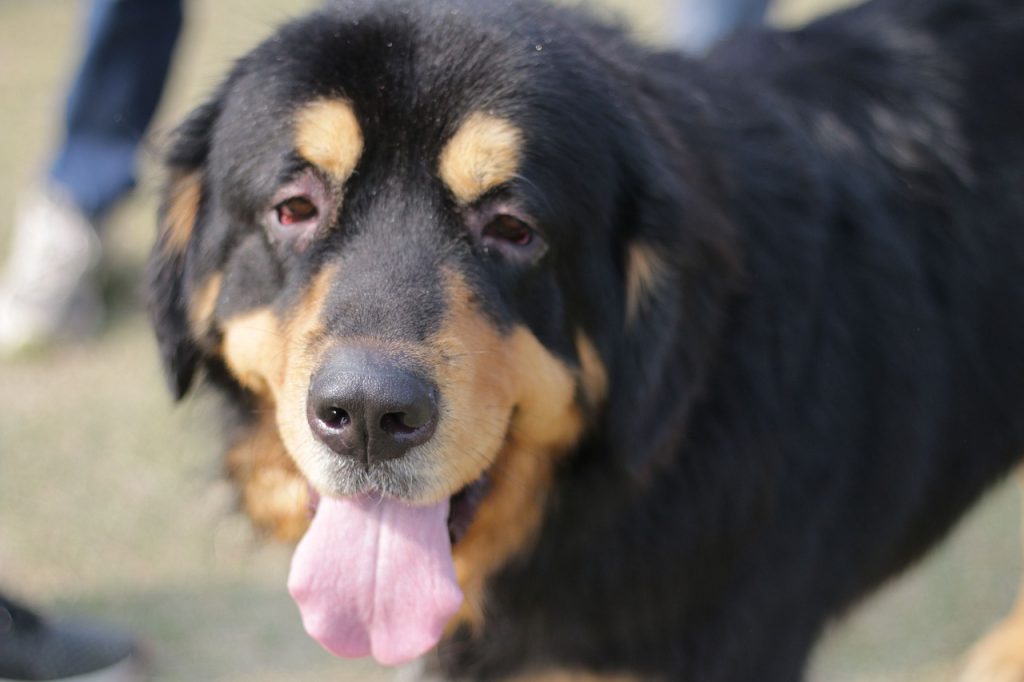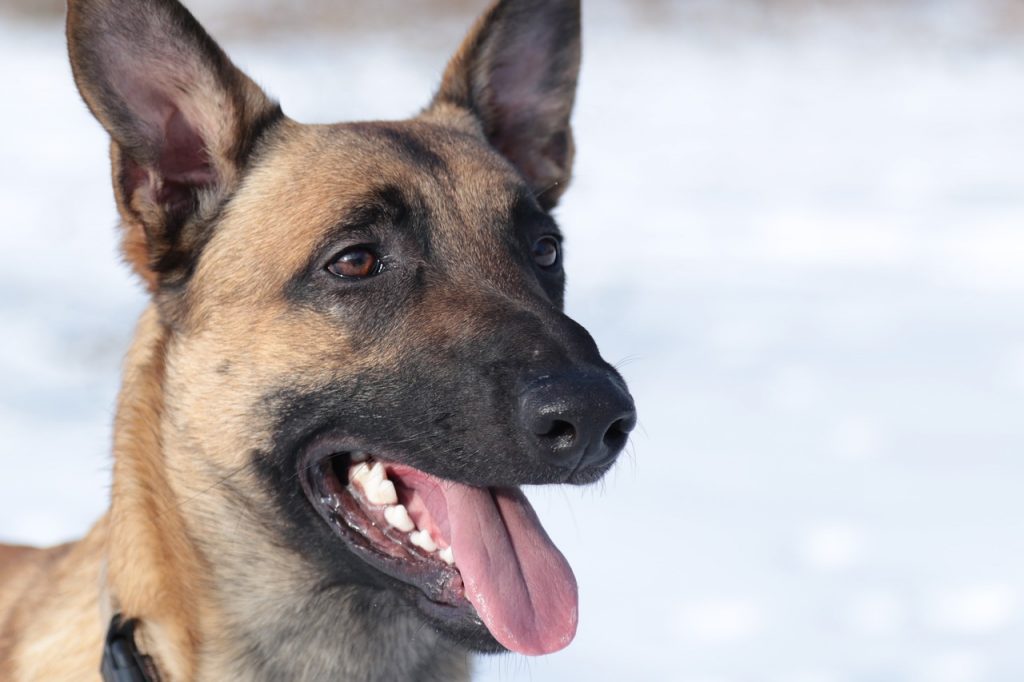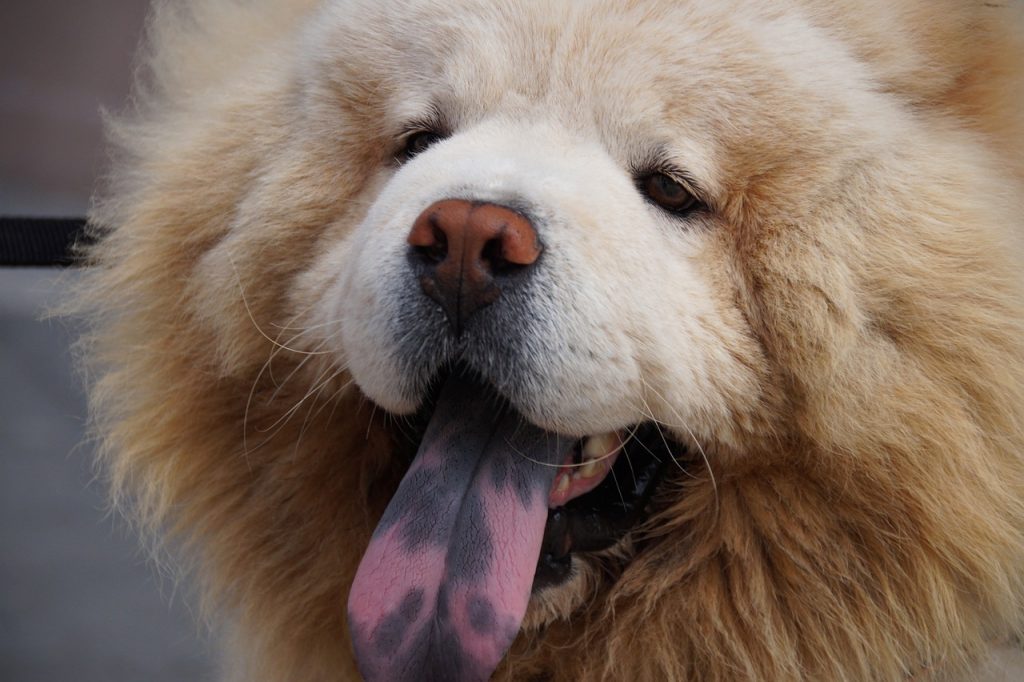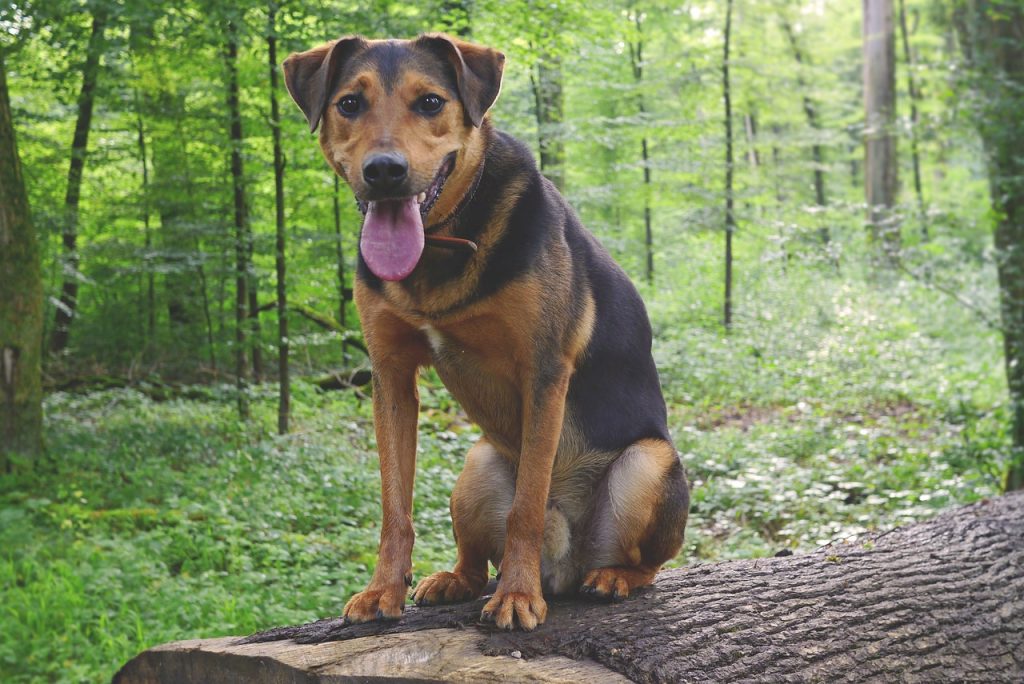Have you ever wondered, “why is my dog panting at night?”. It’s a concern many pet owners have faced. Panting might appear like a simple behavior, but sometimes it’s more than just a cooling mechanism. Let’s uncover the reasons and mysteries behind this seemingly benign behavior.

Why is My Dog Panting at Night?
Dogs pant for a variety of reasons. While often associated with heat or exertion, nighttime panting might indicate other underlying issues. We’re going to delve deep into the potential causes and offer insights on when it might be time to seek professional help.
Feeling the Heat
As much as dogs love to cuddle, they’re not adept at handling excessive heat. Unlike us, they don’t have sweat glands sprinkled all over their body. Panting becomes their cooling mechanism, helping evaporate moisture from their tongues and the lining of their lungs. It’s their version of sweating!
It’s All in the Mind: Anxiety and Stress
Many pooches suffer from anxiety. Whether it’s due to separation from their beloved humans, loud noises or changes in the environment, stress can lead to increased panting. Behavioral issues, generalized anxiety, and even panic situations can trigger this. It’s much like how some of us get short of breath when anxious.

Medical Concerns at the Forefront
Just as in humans, certain health conditions in dogs can result in symptoms that might seem unrelated at first. Cushing’s Disease, characterized by an overproduction of cortisol (the stress hormone), and metabolic disorders like diabetes can cause excessive panting. If panting is accompanied by other unusual symptoms, it might be time for a vet visit.
Pain: More Common Than You Think
Ever had a sleepless night due to pain? Dogs do too. Conditions like arthritis or even minor injuries can make them restless, leading to panting and pacing.

The Surroundings Matter
The environment plays a significant role in how our dogs feel. High temperatures are particularly challenging for puppies and older dogs. On top of that, those with untreated allergies might find relief in panting.
Cognitive Changes in Senior Dogs
Older dogs, just like aging humans, may face cognitive challenges. Known as Canine Cognitive Disorder or doggy dementia, it disrupts their sleep-wake cycle, causing symptoms like panting and restlessness.

Conclusion
Nighttime panting in our furry friends can be concerning. While it can be a normal response to certain triggers, it’s essential to be aware of the context and any accompanying symptoms. Observing and understanding their behavior is the first step to ensuring they lead a comfortable and healthy life. If in doubt, always reach out to your veterinarian for guidance. After all, it’s better to be safe than sorry!
Frequently Asked Questions
- What does panting at night indicate?
Panting can be a sign of heat, anxiety, medical conditions, pain, environmental factors, or cognitive changes in senior dogs. - Is nighttime panting always a concern?
While it’s essential to be observant, occasional panting might not be a cause for alarm. However, persistent panting or accompanied by other symptoms should prompt a visit to the vet. - Do all dogs pant when they’re hot?
Yes, since dogs lack efficient sweat glands, panting serves as a cooling mechanism for them. - How is anxiety-related panting different?
Anxiety-driven panting often comes with signs of distress such as pacing, whining, or hiding. It may also be more rapid than panting caused by heat. - When should I consult a vet about my dog’s panting?
If the panting is excessive, seems out of context, or is accompanied by other worrisome symptoms, it’s time to consult with your veterinarian.


